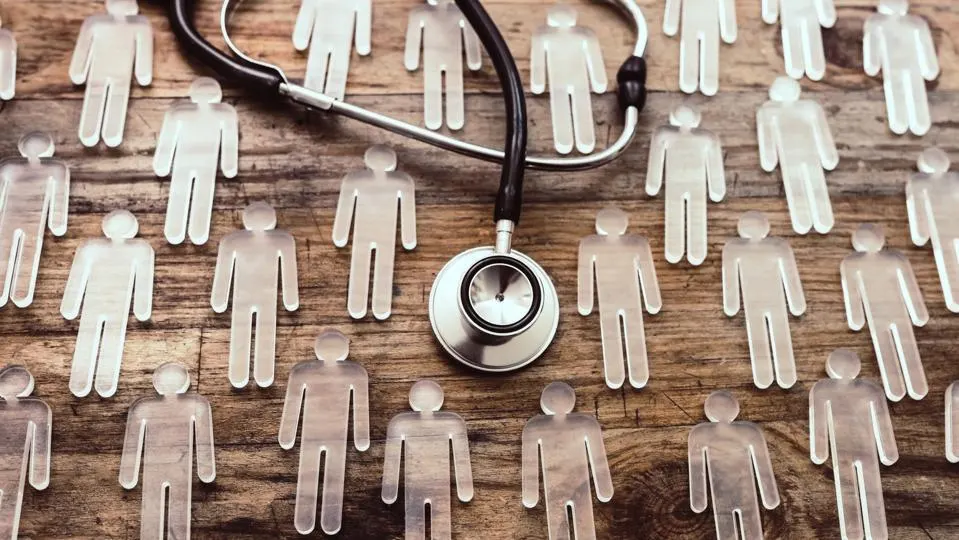United States: In the US four-part PBS documentary series, “The Invisible Shield”, the realm of public health that is generally neglected is highlighted by looking into its most profound aspect.
It focuses on crises like the cholera epidemic, the consequences of smallpox, the ravaging effects of HIV/AIDS, and the recent COVID-19 outbreak.
More about the News
Invisible Shield emphasizes the health services in the Puget Sound region through interviews with Dr. Anthony Chen, acting health chief for the Tacoma-Pierce County Health Department, and Abigail Echo-Hawk, an inscribed citizen of the Pawnee Nation and executive vice president of the Seattle Indian Health Board.
Echo-Hawk, also the director of the Urban Indian Health Institute, the research arm of the Seattle Indian Health Board, a public health authority, and one of 12 Tribal Epidemiology Centers serving urban American Indians and Alaska Natives specifically, said, “They give us resources to bury our people, but not to ensure that they live,” as reported by the Seattle Times.
“We could not get confirmation from anybody within the federal government, but that’s where we assume [the body bags] came from. We did receive an apology from the manufacturer of those body bags, who could not confirm who their client was,” he said.
During this time, she pursued the data not only from Washington state but also nationwide, particularly for 78 percent of urban Americans.
She said, “What we discovered is that there was no data,” and, “I was a co-author on one of the very first papers ever published on current [COVID-19] infection rates amongst American Indians and Alaska Natives and in that we were only able to analyze data from 23 states in the nation because the rest were not collecting.”
Moreover, Echo-Hawk has published a report titled “Data Genocide.”
She even mentioned that “Without the data, the correct allocation of resources did not flow into our communities and people died as a direct result,” as the Seattle Times reported.
“This has been an ongoing issue. COVID-19 just brought it to the surface and we were in more of a crisis than we normally are, but this has been a long-standing issue and it’s going to require long-term investment and community collaborations to correct,” he said.






